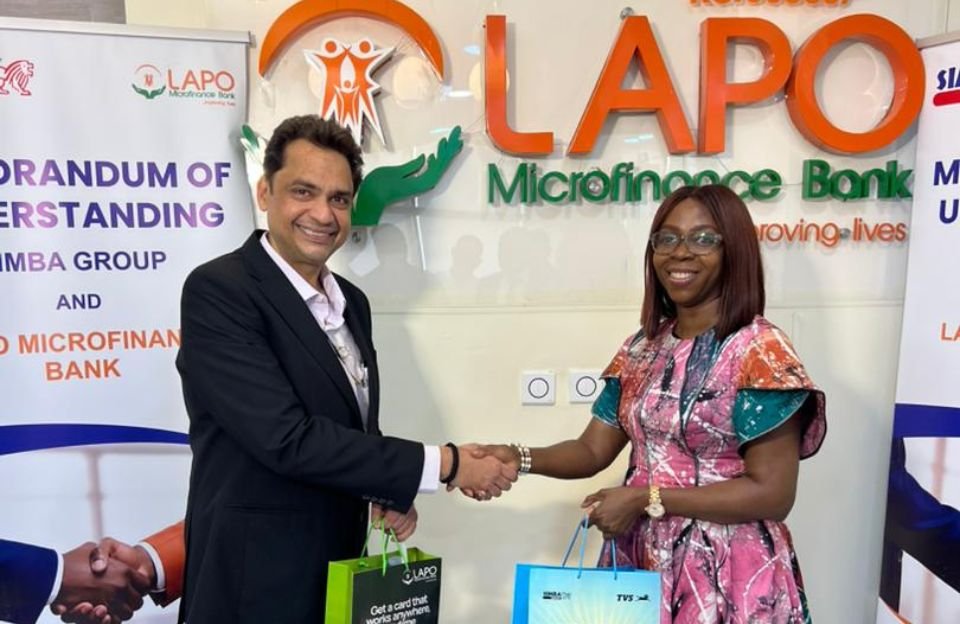

Nigeria introduces domestic card scheme to boost cashless economy
Nigeria’s central bank has launched a domestic card scheme to rival foreign cards like Mastercard and Visa, hoping to enhance its drive to make Africa’s biggest economy a cashless society and save the country foreign transaction fees.
The announcement made by the Central Bank of Nigeria governor, Godwin Emefiele, follows its launch of Africa’s first digital currency, the e-naira, in October 2021.
The move is part of the central bank’s plans to reduce cash flow within the borders of Africa’s biggest economy.
The governor stated at a virtual launch of the AfriGo card scheme that although penetration of card payments in Nigeria had grown over the years, many citizens are still exempted.
“The challenges that have limited the inclusion of Nigerians include the high cost of card services as a result of foreign exchange requirements of international card schemes and the fact that existing card products do not address local peculiarities of the Nigerian market,” he said.
Emefiele said Nigeria was joining China, Russia, India, and Turkey in launching a domestic card scheme. AfriGo is owned by the Central Bank of Nigeria (CBN) and Nigerian banks.
The operations of international card service providers like Mastercard and Visa would not end, he said, as AfriGo is meant to provide more options for domestic consumers in a “cost-effective and competitive manner”.
Nigeria, Africa’s biggest economy, has more than 200 million people and the majority still used cash because they live in rural areas where there are no banks.
To promote “financial inclusion” in remote areas, the central bank announced last week the launch of a cash swap program introducing a redesigned version of the local currency, the naira.
















